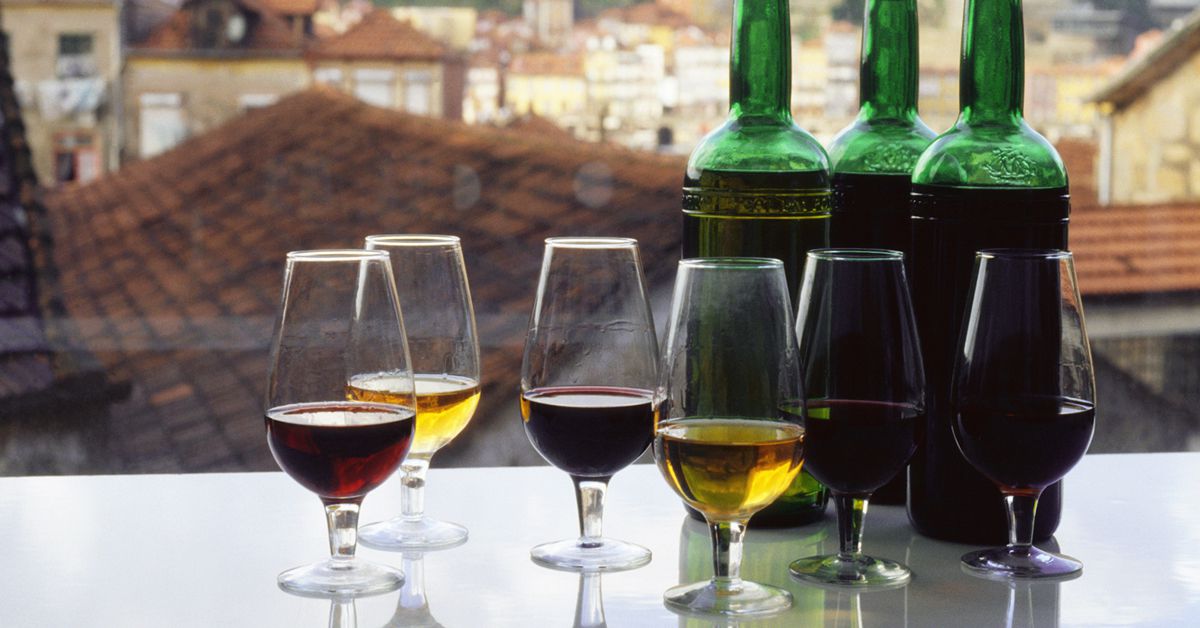For many years I have heard all manner of words and combination of words to define a wine. When I was in college and could only afford the less expensive Portuguese red wine, we would invent rather crass words to describe what we were drinking. Over the decades the indiscretions of youth have given way to exploring wines based more and more on the descriptors of the wine appearing in wine publications and on the labels. Most people generally look to descriptions of wine as a hint of what to expect in a wine’s character. We also might use the reviews in making a decision to explore new wines.
A pet peeve of mine is wine reviewers that recycle the same set of words in describing a wine they are reviewing. How about over used words like: peppery, buttery, fruity, spicy, straw, or licorice. I have noticed there are a similarity of words and a repetition of words to describe wine. Over the years we now hear descriptors of wines such as leather, tobacco, earth, and yeast. And, I can say I have never smelled tobacco, so I will assume everybody but I know what tobacco smells like. The oak I have smelled as a boy is not the oak I smell in my wine. I grew up in Southern Missouri where the staves for wine barrels are made of American Oak. The oak I remember smelling when driving by the oak wood mills I do not smell in the wines I drink today. Point being, everyone brings to a wine a mental catalog of preconceived notions of taste and smells.
Now back to subject of how to describe wine. Most people will say that to fully enjoy wine a person needs to be patient and employ all of their senses. Even the sound/audio that comes from pouring a wine in the perfect glass is somewhat exciting. The sense of touch comes into the equation in feeling the stem of the glass, the cork and the punt. But I have come to the conclusion that I want to understand and appreciate the wine relative to my personal senses of smell/aroma, taste, and sight/appearance. So, the words defining a wine, need to be relatable and helpful for my enjoyment of the wine? I submit that most descriptors are overworked, meaningless and may actually be counterproductive to the average wine lover.
Doing research, I have found there are approximately 100 words used by wine reviewers to describe what the consumer should experience when consuming a wine. The art of describing wines started in the 1700’s and has survived wars and depressions. Obviously, if someone has tried the wine before-same vintage and varietal and winery-expectations are in your memory bank; you don’t need a review. It also seems apparent that regional flavors, aromas, cooking styles and heritage can dictate descriptions of wines for which people may not relate. Let’s not forget wine reviewers bring a broad spectrum of wine experiences to the review. They also have developed palates that most of us dream of having. And, there is a whole industry built around a select few being paid to review wines.
I just took a bottle of Merlot out of the rack and here are the words on the label to inform the consumer on the attributes of this wine. “Cutting edge, classic fruit, medium-bodied, rich palate brimming with ripe cherries and raspberries and silky finish.” But wait there is more; “luscious dark, rich chocolate”. As a comparison, here is my summary of a wine review from magazine– aromas of blackberries and raspberries, leather and spices. It leaves the palate clean while exhibiting ‘flavors’ of cranberries and roses. The finish is of flavors of vanilla and dark cherries. I have no idea what roses taste like. What has leather got to do with enjoying wine? And, of the thousands of spices what ones are they suggesting?
This discussion could go on and on, kind of like discussing the attributes of the point ratings system of wine–thank you Mr. Parker! That is a whole new discussion. To make the description of wine, as written in wine magazines and on bottles, useful, viable, relevant, and educational follow some of these suggestions:
Become familiar with the men and women who write wine reviews. This is best done by reading their reviews religiously; look at the words they use to describe the wines they review-are they fresh and not the customary old descriptions?
Develop a tasting notes book that works for you. Cut out the reviews of the wines you decide to buy and place them in the tasting notes book. Focus on three things: Aroma’s, Taste, and Appearance. These are the areas that cause us to buy and enjoy wine. Frankly, I have consumed wines I almost hated to drink because the aromas were so refreshing.
Finally, enter your own tasting notes and compare your personal impressions against the comments of the professional reviewer. Use your own words to describe the wine. Make up your own words if that helps you explain your views of the wine, it isn’t against the law. As Emeril Lagasse says, “There are no wine police.” Remember, most wine reviews come from tastings where no food is involved.
In the final analysis the only reviews that matter are your own. This process will make you more informed as a wine purchaser. Wine makes us civil and sharing wine builds bonds with family and friends. All wine lovers have an opinion, so let everyone try and describe their impressions of a wine at your next party.
